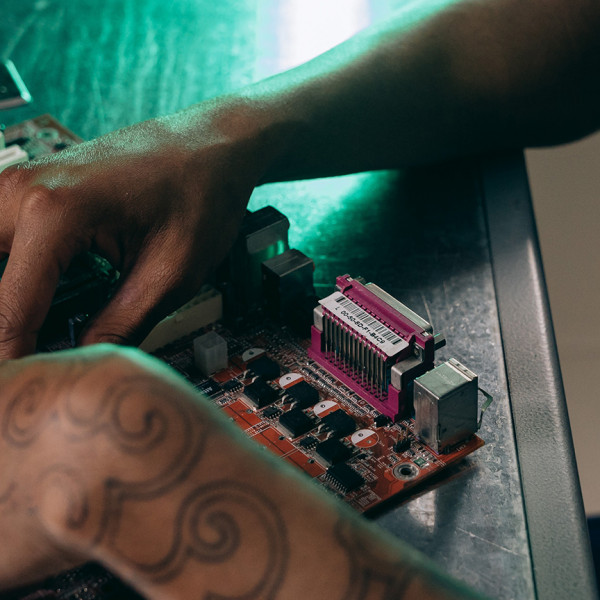The graduates in Electrical Engineering, from the Lusófona University, are fully able to develop a broad range of activities, namely: research and development, planning, project management and coordination, design and maintenance of electrical and electronic equipment. Many find positions in teaching institutions, research laboratories, electrical and electronic industries, public service, construction companies, power production and distribution companies, telecommunications companies, consulting firms (in both financial and technological domains).
In fact, they act in many fields, such as the foundational domains of Electrical Engineering, like analog and digital electronics, electrical machines, power production and transport, automation and control, robotics, signal processing, telecommunications. Moreover, given their solid scientific background, in both Physics and Mathematics, they able to tackle problems in operations research, project management and data science.











